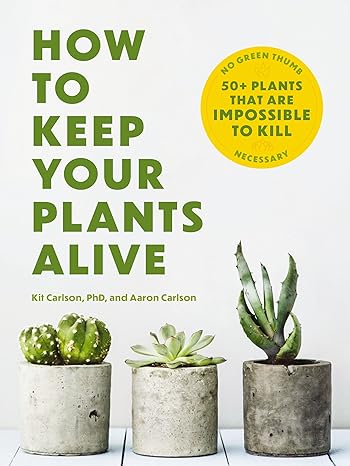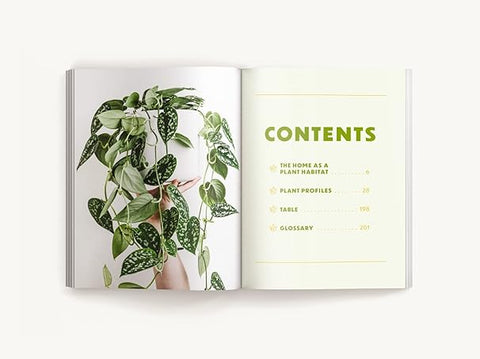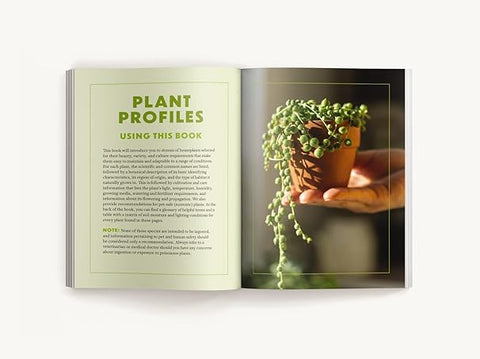


How to Keep Your Plants Alive: 50 Plants That Are Impossible to Kill
Publisher,Cider Mill Press
Publication Date,
Format, Paperback
Weight, 411 g
No. of Pages, 208
If you’re horticulturally challenged, then this book’s for you. Learn to be the best plant parent you can be with How to Keep Your Plants Alive, featuring over 50 houseplants that are exceptionally hard to kill.
We’ve all been there: your beloved plant is looking a little too droopy, but are you supposed to water it or have you overwatered it? Or maybe you meant to take care of it, but life got away from you and suddenly it’s been a week without any plant care. When your houseplants continue to suffer no matter how much TLC you show them, it’s time to up your game with this beginner’s guide to plant parenting. With houseplant profiles detailing individual plant needs and vital tips, you’ll have all the knowledge you need to successfully care for your greenery. If you’d like to strike “Plant Assassin” from your résumé, then read on.
Inside you’ll find:
- 50+ low-maintenance houseplants with care and keeping instructions
- Tips for selecting the best houseplants for your home
- Warning signs for spotting a dying plant, plus the best rescue plans
- Beautiful illustrations of succulents, air plants, cacti, and more
Don’t have a green thumb? No problem. With How to Keep Your Plants Alive, your indoor plants will be flourishing in no time at all, no matter what you throw at them.
About the Author
- Dimensions : 6 x 0.85 x 8 inches

